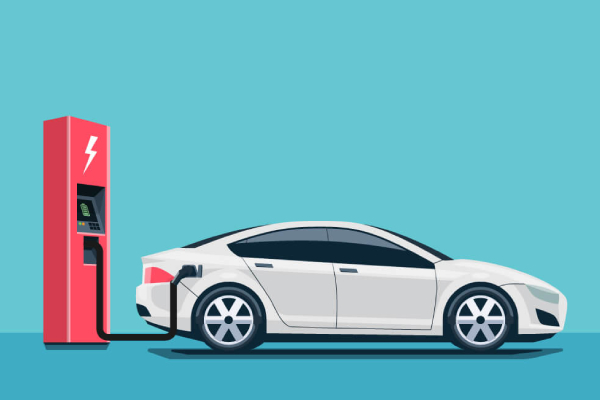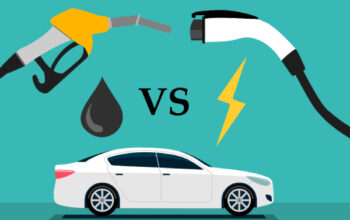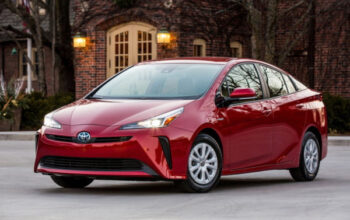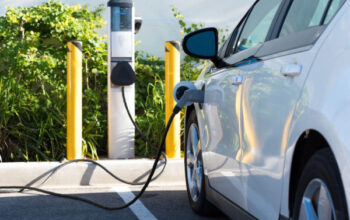Know the Efficiency and Scope of Electric Car
Advent of Electric Cars
In the last two decades, the car industry has declined twice: first as a result of the 2008 economic downturn, and then as a result of declining prices in China. Most recently, to tackle the coronavirus pandemic, forcing auto-production plants to shutter worldwide, and the lack of customer spending will lead to an estimated 23 percent decrease in 2020.
Things will not change in the next decade (2030-2040): the global automotive industry will be blinded by the advent of autonomous cars, which dramatically decreases the demand for private car ownership. In this case, electric cars will remain a torch of progress, fulfilling both the government’s push to air quality in cities and collaborating more effectively with autonomous car technologies.
Electric cars are one of the most fascinating emerging technologies over the last decade. Like a recessive gene that is secret in auto DNA, electrical drive mechanisms they’ve been there since engineers first pushed carts out of stables and into garages. In the early days of cars, before that.
In simplest terms, the electric vehicle comprises an energy storage unit powered by a single electrical drive motor that rotates the wheels via a transmission. About a hundred years ago, the Li-ion battery allowed its meteoric growth as a means to solve local pollution and greenhouse gas emissions.
Importance of Electric Cars
Electric car inventions and technologies are making the economy expand. Electricity produced for electric cars and homes mostly comes from oil or gas but can be produced from the hydro, solar wind, nuclear or biofuel resources.
The increased demand for a continual and steady supply of electricity for electric vehicles enables the development of alternative energy sources such as solar and wind power. Although the price of oil varies sharply, the rates of solar and other alternative energy sources remain very stable.
The best electric cars are 70% effective at converting input energy into kinetic energy. On the other side, gas-powered automobiles with internal combustion engines (ICE) are only 25% powerful. Electric vehicles, with less energetic components, undergo less energy conversion. This results in fewer oil losses compared to gas-powered generators.
Advantages of Electric Cars
- Fuel efficiency
Owners of the EV have the benefit of cheaper maintenance costs. The power to be paid by the EV is roughly one-third as much per kilometre as the purchase of fuel for the same car.
- Low Maintenance
An electric vehicle has much fewer parts than a traditional petrol/diesel car. There are comparatively little service and no costly exhaust systems, fuel injection systems, starter engines, radiators, and several other components that are not required in the EV.
- Eco Friendly
By opting to drive an EV, you are reducing the unhealthy carbon emissions generated by the exhaust. If you use clean energies to charge your EV, you can further reduce your greenhouse emissions. During the daytime, you can recharge your EV from your solar power system instead of the grid.




